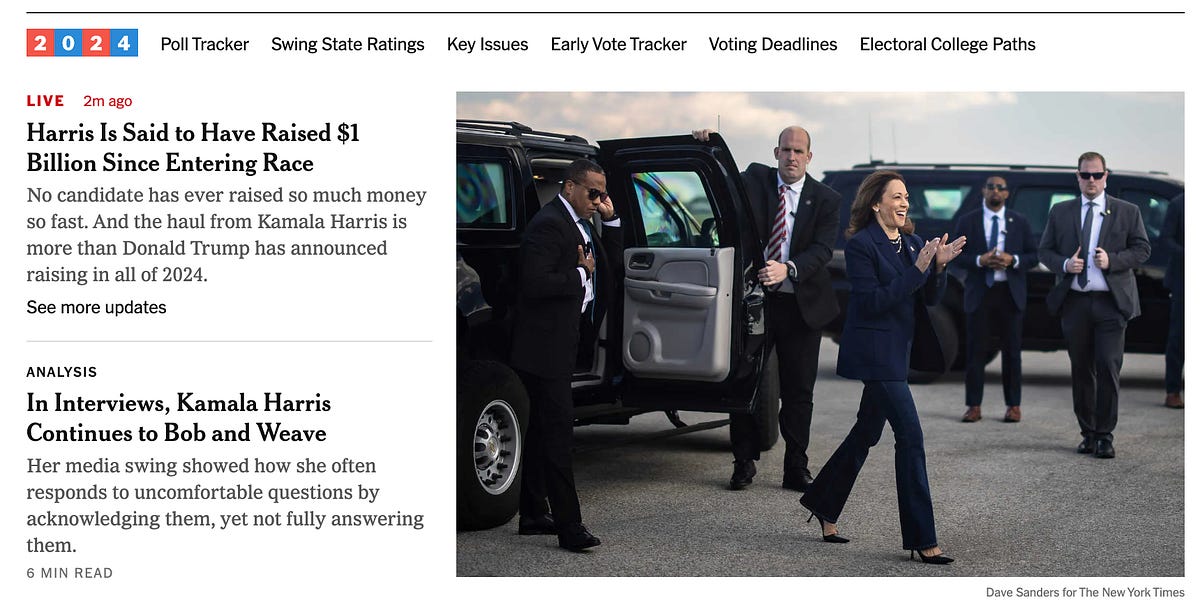
Former NFL quarterback Colin Kaepernick figures at the center of the story, though he is just one player in a rich heritage of athletic activism. The author begins with Paul Robeson, who began his career at Rutgers with letters in football, track, baseball, and basketball. “Sports had put him on the national radar,” writes Steele, “but his many other pursuits throughout segregated America had kept him there.” Part of the price Robeson paid for his activism was the loss of his passport, as happened to boxing great Muhammad Ali as he refused induction into the military. Steele notes that Kaepernick’s protest began not by taking a knee but simply by refusing to stand for the national anthem, which might have gone overlooked had a reporter not asked about it; taking a knee added urgency to the issue while costing Kaepernick a spot on the roster. “The very nature of his protest, of course, lent itself to categorizing the reactions along racial lines,” writes Steele. Many Black athletes came to his defense, such as Jim Brown and Kareem Abdul-Jabbar, while many White athletes insisted that Kaepernick was dishonoring the country by his actions. Yet race is not a monolith. As Steele writes, Tiger Woods has made a long career by going along to get along, palling around with Donald Trump—one of Kaepernick’s most furious detractors—in his devil’s bargain. At the time, “the bar of expectations for Woods was essentially on the floor.” There it remains, while, Steele predicts, just as the nation came around to accepting Tommie Smith’s and John Carlos’ raised fists at the 1968 Olympics, in 50 years, Kaepernick will be commemorated as a warrior for civil rights.
























































![Key Metrics for Social Media Marketing [Infographic] Key Metrics for Social Media Marketing [Infographic]](https://www.socialmediatoday.com/imgproxy/nP1lliSbrTbUmhFV6RdAz9qJZFvsstq3IG6orLUMMls/g:ce/rs:fit:770:435/bG9jYWw6Ly8vZGl2ZWltYWdlL3NvY2lhbF9tZWRpYV9yb2lfaW5vZ3JhcGhpYzIucG5n.webp)
















